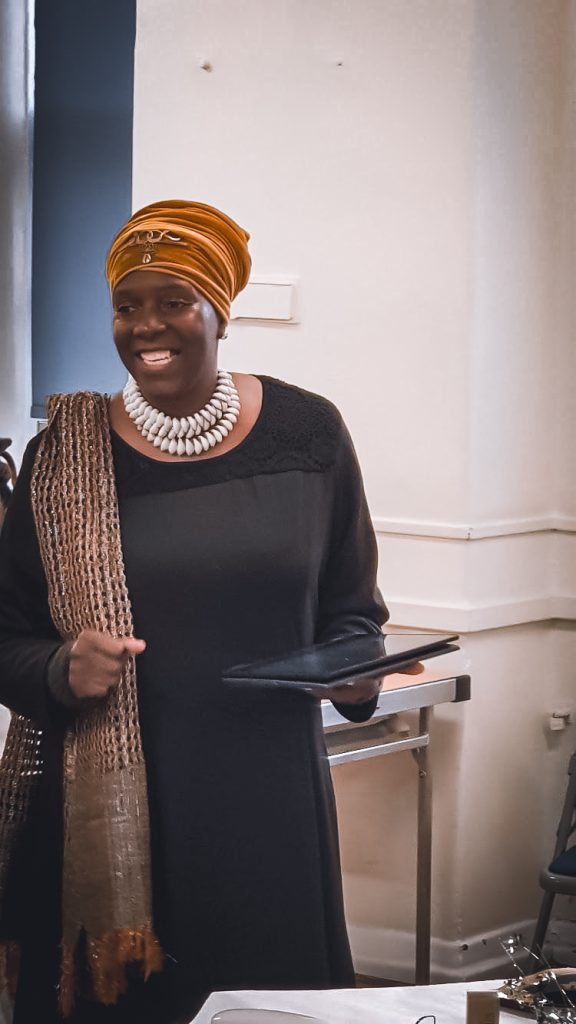
Celebrant vs. Officiant: What’s the Difference
When planning a major life event—whether it’s a wedding, funeral, or another milestone ceremony—one of the first decisions you’ll make is who will lead the event. Should you choose a celebrant or an officiant? Both play an important role and the choice between them depends on your vision for your ceremony.
Let’s break down the key differences between a celebrant and an officiant, and help you decide which is the best fit for your event.
What Is an Officiant?
An officiant is someone legally authorized to perform certain ceremonies, often related to marriage, funerals, or other civil functions. Officiants can be religious figures, such as priests, or secular officials like judges. Their role is primarily legal or religious in nature, and they often follow a set structure or script, which may be required by their institution or by law.
Officiants typically offer more standardized ceremonies, following traditional or religious formats that are widely recognized. If you’re looking for a straightforward wedding or funeral service that adheres to a specific faith tradition or legal requirement, an officiant might be the right choice

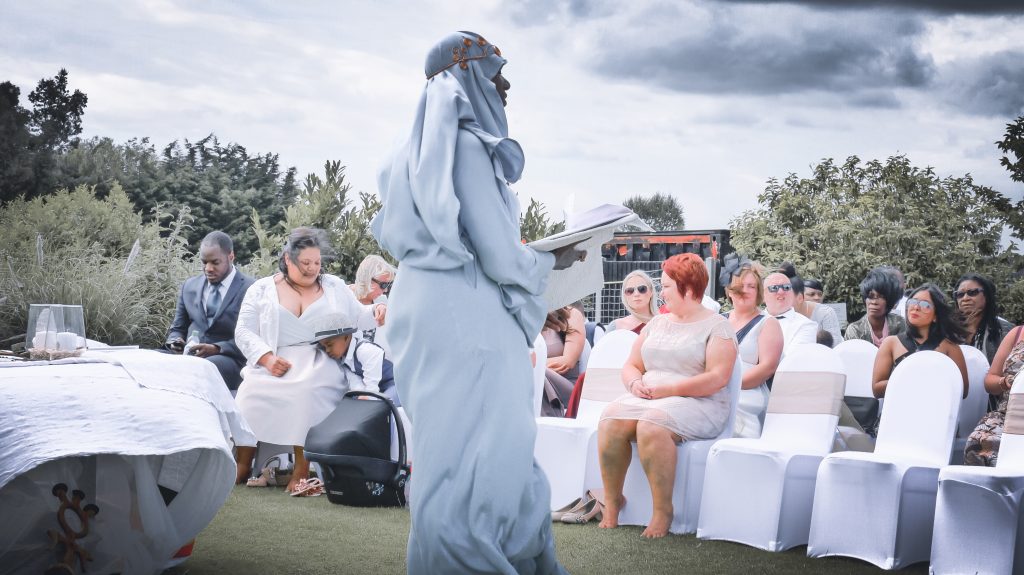

What Is a Celebrant?
A celebrant, on the other hand, offers something entirely different. Celebrants are professional ceremony creators who specialize in personalized, bespoke services that reflect the values, beliefs, and stories of the individuals involved. Whether non-religious, semi-religious, or spiritual, celebrants design ceremonies that are as unique as the people they honor.
Because celebrants are not bound by religious institutions or legal formalities, they have the flexibility to incorporate anything you want into your ceremony. They can include personal stories, poems, symbolic rituals, or even cultural traditions that might not fit within a traditional officiant-led service. Their goal is to create a ceremony that feels deeply personal and meaningful for everyone present.
Key Differences: One
Personalization: This is where celebrants truly shine. Celebrants work closely with you to craft a one-of-a-kind ceremony that reflects your story, values, and emotions. Whether it’s a wedding or a funeral, every aspect of the ceremony is tailored to what matters most to you. Officiants, while professional and skilled, often follow a set template that leaves less room for personalization.
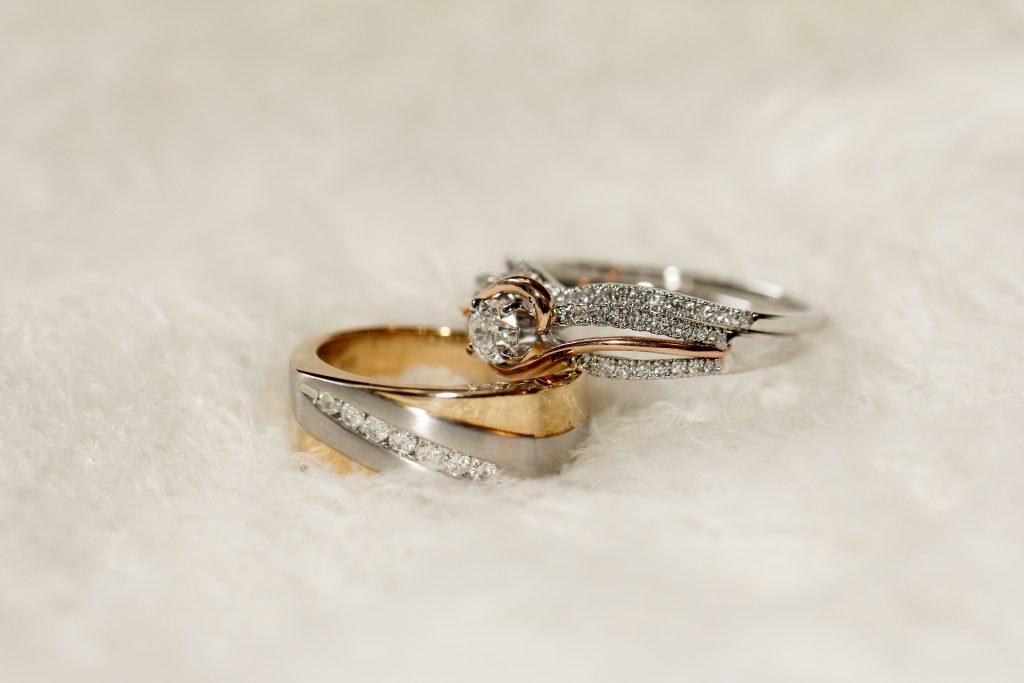
Key Differences: Two
Flexibility:
Celebrants offer flexibility in terms of location, format, and content. Want to get married on a beach at sunset? Or have a memorial service in a garden filled with your loved one’s favorite flowers?A celebrant can make that happen. Officiants, especially those affiliated with religious institutions, may have limitations on where and how they can perform ceremonies.
Key Differences: Three
Emotional Connection:
A celebrant’s focus is on creating an emotionally resonant experience. Celebrants take the time to understand your life story, your relationships, and the symbolism that matters to you.
They often incorporate personal readings, symbolic gestures, and rituals that make the ceremony feel connected to the participants. Officiants, while offering gravitas and formality, may not dive as deeply into these personal touches.
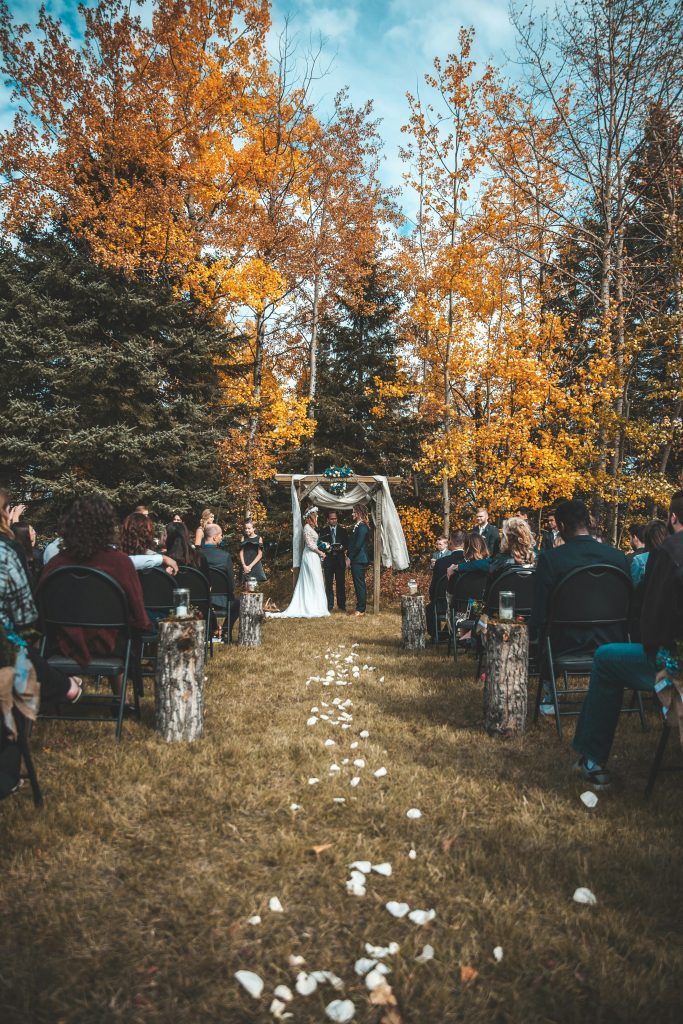
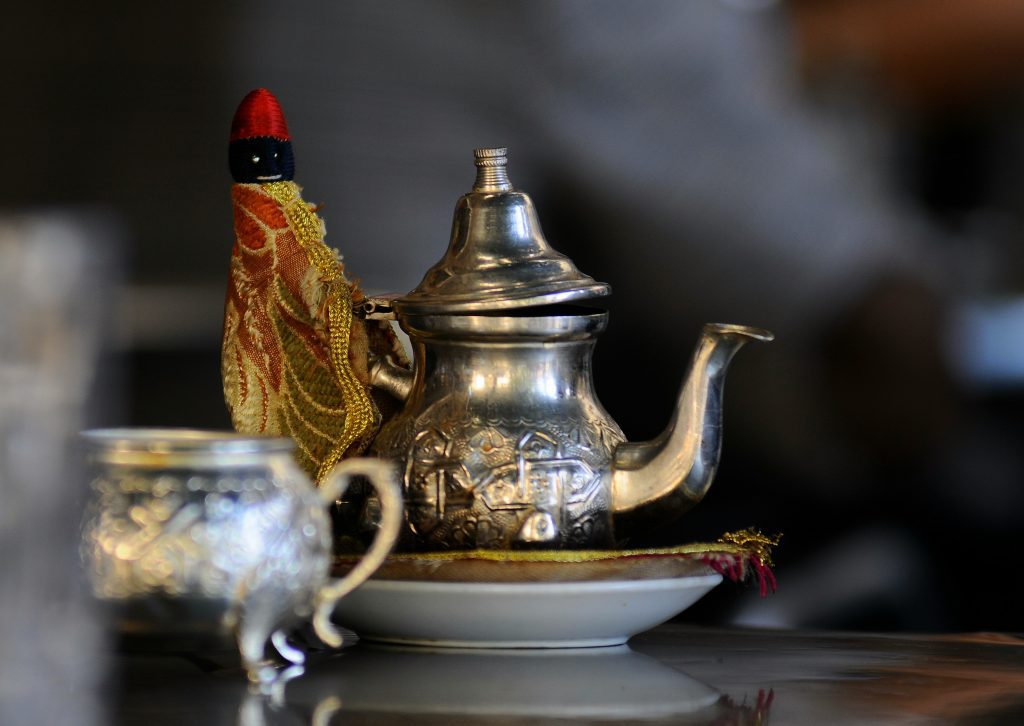
Key Differences: Four
Legal and Religious Structure:
Officiants are typically required for legally binding ceremonies, such as weddings or official funeral rites in religious contexts. Celebrant-led ceremonies, while deeply meaningful, are not legally binding in the UK. You would still need to go to a registrar’s office or have a registrar attend for the legal signing of the marriage or death certificate. Celebrants, however, offer more freedom in crafting the ceremony itself, allowing for a blend of the legal and personal aspects in one day.
Which One Do You Need?
When to Choose an Officiant: If you’re looking for a ceremony that adheres to a specific religious or legal structure, an officiant is likely the best choice. Religious couples who want a faith-based wedding or families seeking a religious funeral service will find that officiants offer the formality and traditional structure they need.
© 2021 All Rights Reserved.
